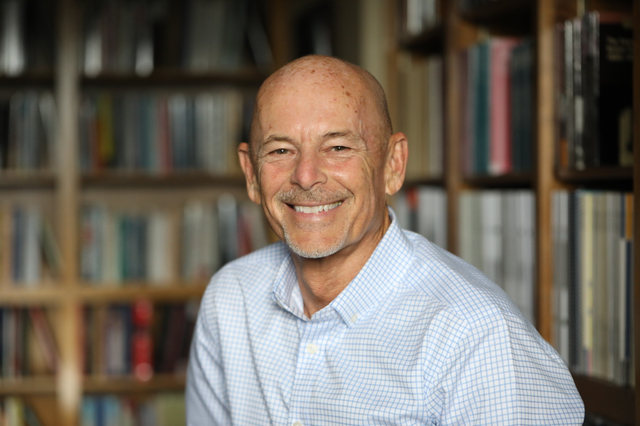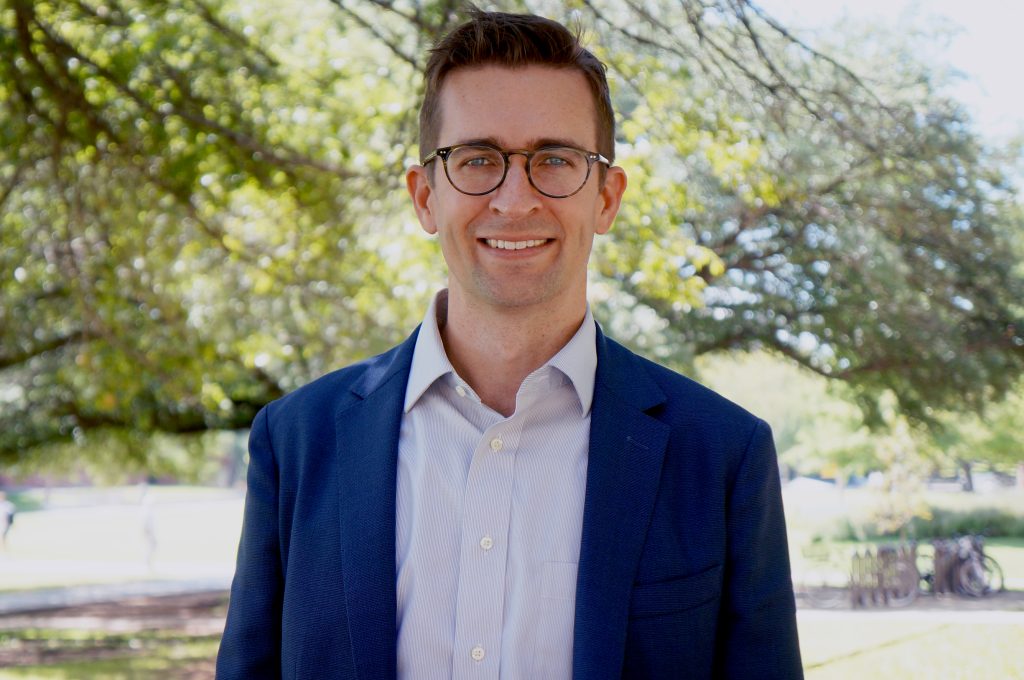Back
Character & Virtue
Forgiveness
Forgivingness varies considerably across countries (lowest in Türkiye and highest in Nigeria). Several subpopulations reported higher forgivingness across the countries, including those who regularly attended religious services and older adults. A combination of risk (e.g., more secure family financial status) and protective (e.g., better quality relationships with parents) factors during childhood were associated with reporting a higher tendency to forgive others in adulthood.
Researchers

Richard Cowden
Harvard University, Psychology
South Africa

Dorota Maria Weziak-Bialowolska
Kozminski University (Poland), Economics/Sociology
Poland

George Yancey
Baylor University , Sociology

Koichiro Shiba
Boston University, Epidemiology

Noah Padgett
Harvard University, Epidemiology

Matt Bradshaw
Baylor University, Sociology
Israel

Byron R. Johnson
Baylor University, Institute for Studies of Religion/Sociology

Tyler VanderWeele
Harvard University, Epidemiology / Biostatistics

Everett Worthington

Alex Fogleman
Baylor University, Theology

Charlotte Witvliet

Johannes H. De Kock

Caleb A. Chung
The Question:
What are the country-specific levels, sociodemographic correlates, and childhood predictors of the disposition to forgive others?